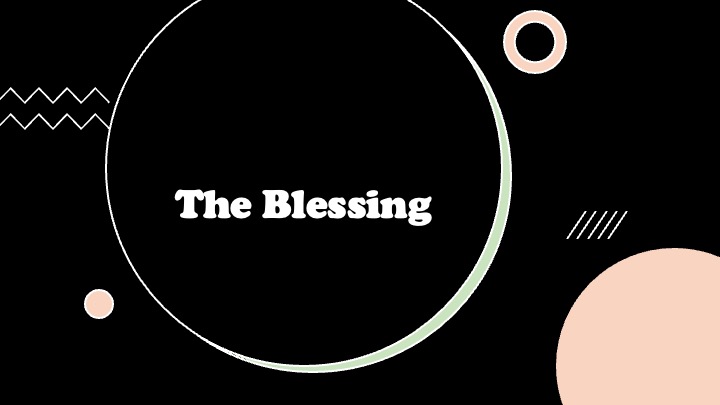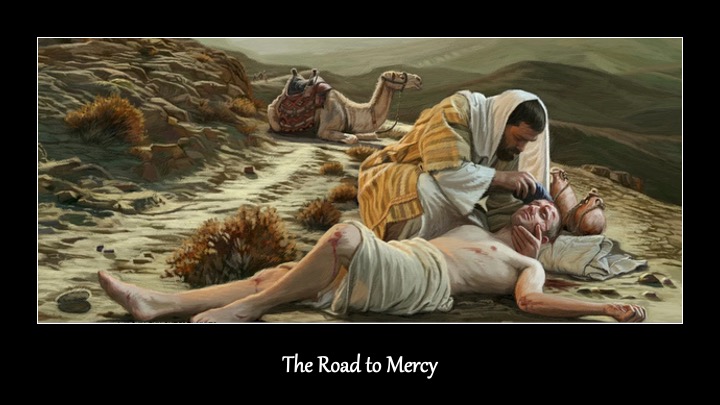In John 8:58, Jesus makes a staggering declaration: “Before Abraham was, I am.” To His audience, this was not a grammatical anomaly or a poetic flourish—it was a direct and undeniable claim to divinity. Echoing God’s self-identification in Exodus 3:14 (“I AM WHO I AM”), Jesus identifies Himself with the eternal, self-existent God of Israel. The response of the crowd—picking up stones to kill Him—reveals just how bold and provocative His words were. Jesus was not just claiming to be older than Abraham; He was claiming to be Yahweh in the flesh. This moment powerfully anchors His identity as eternal, unchanging, and divine.
Jesus’ statement also has deeply pastoral implications. In saying “I AM,” Jesus reveals Himself as the God who is present in every moment, not bound by time, circumstance, or change. His identity is not tied to the past or the future but is eternally present and actively involved in our lives. The seven “I Am” statements in the Gospel of John (Bread of Life, Light of the World, Door, Good Shepherd, Resurrection and Life, Way-Truth-Life, and True Vine) all flow from this core revelation. Each one meets us in a specific area of need, reminding us that the eternal God steps into our hunger, darkness, vulnerability, and confusion with power and compassion.
Ultimately, Jesus’ use of “I AM” demands more than admiration—it demands worship. As C.S. Lewis observed, we must either reject Him as a liar or lunatic, or submit to Him as Lord. Jesus does not leave room for neutral responses. To follow the One who says “I AM” is to reorient our lives around His constancy, His sufficiency, and His sovereign love. It means trusting that He is enough for our past, present, and future—and responding with lives marked by faith, surrender, and awe.

Praise and worship are integral components of the Christian journey, serving as bridges that connect believers with their Creator. More than just rituals, they...

As we enter the new year, the worship song, “The Blessing,” offers a powerful reminder of God’s unwavering promises and grace, drawing from the...

The Parable of the Good Samaritan (Luke 10:25-37) is Jesus' revolutionary answer to the question posed by an expert in the Law, who sought...